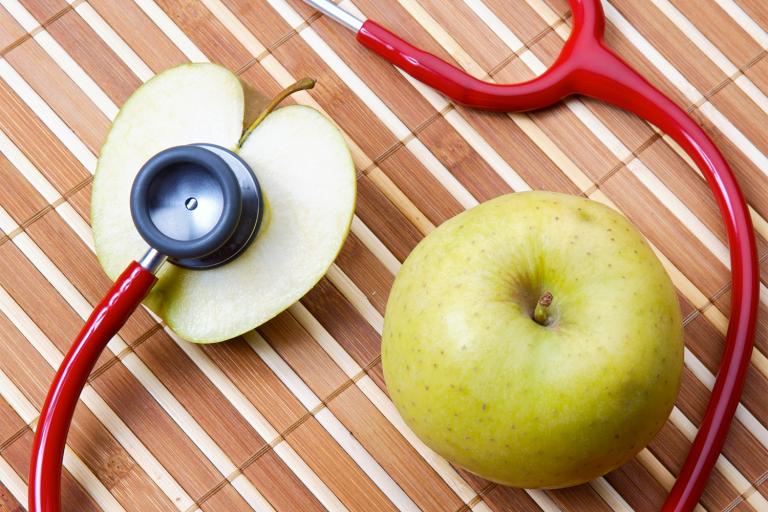Our lungs came into sharp focus with COVID-19. Is there anything we can do to reinforce the health of our lungs?
Fortunately, many foods support lung health.
Foods That Support Your Lungs' Health
Here are 10 options to get you started.
-
Beets
Beets are rich in nitrates, magnesium, potassium, antioxidants, and vitamin C. Each of those components boost the health of human lung tissue. The nitrates relax blood vessels within the lungs and distribute oxygen more efficiently.
-
Red Peppers
Red peppers are an excellent source of vitamin C, a nutrient especially important to the lung function of smokers.
-
Apples
Apples are rich in antioxidants and vitamin C. Eating five or more apples a week can help improve lung function and reduce the risk of developing chronic obstructive pulmonary disease (COPD).
-
Tomatoes
Tomatoes are rich in lycopene, a carotenoid antioxidant proven to improve lung health. Substances in tomatoes can also reduce airway inflammation to help people with lung challenges such as asthma and COPD.
-
Green Tea
Green tea has a high concentration of EGCG— epigallocatechin gallate. Because EGCG boosts the body’s antioxidants, it also boosts anti- inflammatory properties to help heal scarred lung tissue.
-
Edamame
Edamame beans are rich in isoflavones. Isoflavones help guard against lung disease, including COPD. Isoflavones can also reduce shortness of breath in those with impaired lung capacity.
-
Oysters
Oysters are rich in zinc, selenium, copper, and B vitamins. Those nutrients improve lung function. Smokers often deplete their B vitamin stores. Oysters help return the balance.
-
Blueberries
Blueberries are rich in anthocyanins, pigments that help protect lungs from tissue damage. In one study, people who consumed two servings of blueberries a week slowed the progression of lung disease significantly.
-
Coffee
Coffee helps protect your lungs. Caffeine and antioxidants help protect against respiratory diseases including asthma and COPD by expanding blood vessels and improving the transfer of oxygen.
-
Turmeric
Turmeric is rich in antioxidants and anti- inflammatory agents. Its active ingredient curcumin is especially helpful for improving lung function.

